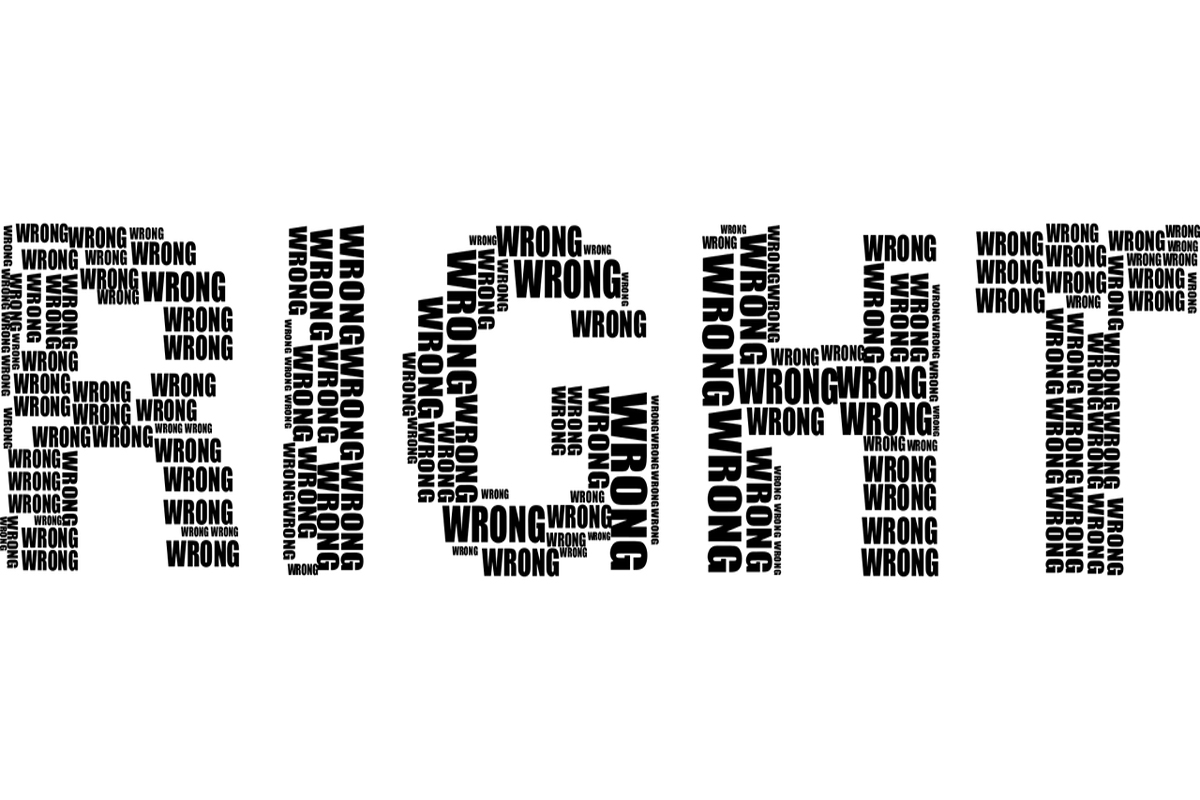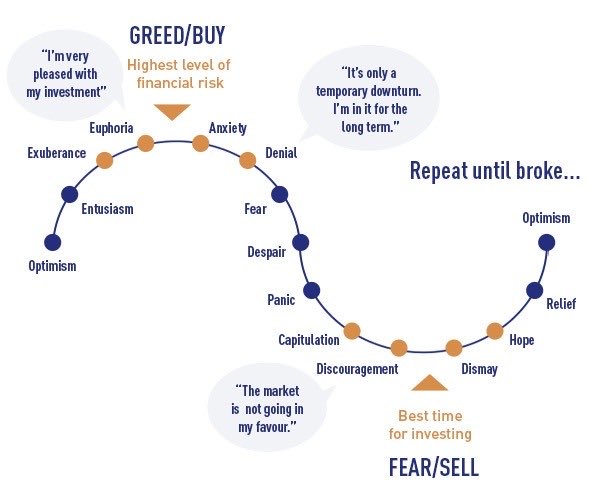 Trading is a risky business. You can make or lose money, but it’s hard to know exactly how much you’ll win or lose with each trade. That makes trading more dangerous than gambling because gamblers usually have a clear idea of their odds and what they could potentially win or lose with each bet. The lack of limits in trading means that prices can keep moving up or down indefinitely, making your potential gains and losses bigger and bigger. It’s easy to get carried away when you think you’ll become rich if only the market goes your way; however, ignoring evidence that the market won’t go your way will probably lead to disaster. Remain objective about the risks involved in trading so that you don’t fall prey to wishful thinking about getting rich quickly at all costs.
Trading is a risky business. You can make or lose money, but it’s hard to know exactly how much you’ll win or lose with each trade. That makes trading more dangerous than gambling because gamblers usually have a clear idea of their odds and what they could potentially win or lose with each bet. The lack of limits in trading means that prices can keep moving up or down indefinitely, making your potential gains and losses bigger and bigger. It’s easy to get carried away when you think you’ll become rich if only the market goes your way; however, ignoring evidence that the market won’t go your way will probably lead to disaster. Remain objective about the risks involved in trading so that you don’t fall prey to wishful thinking about getting rich quickly at all costs.
Archives of “Education” category
rssWhat’s Right? The Market Is #AnirudhSethi
 The price of an asset is determined by the consensus view of all traders. It doesn’t matter what they actually believe or how much information they have. The price is right if it reflects the consensus opinion, even if most traders are irrational and uninformed. No trader can be more right than the market itself, because no one has sufficient financial clout to move prices around on their own for a long time. A careful observer can predict where prices will go next based on current trends and news events, but you should not cling to your predictions when prices move in another direction.
The price of an asset is determined by the consensus view of all traders. It doesn’t matter what they actually believe or how much information they have. The price is right if it reflects the consensus opinion, even if most traders are irrational and uninformed. No trader can be more right than the market itself, because no one has sufficient financial clout to move prices around on their own for a long time. A careful observer can predict where prices will go next based on current trends and news events, but you should not cling to your predictions when prices move in another direction.
Balanced emotions are crucial to intuitive decision-making.

Consistency is what transforms average into excellence.

AN 1873 LETTER ON LUCK VERSUS SKILL
 We often confuse luck with skill, especially in the stock market. In fact, Michael J. Mauboussin has written a worthy read on separating the two in his newest book The Success Equation: Untangling Skill and Luck in Business, Sports, and Investing. But long before the contemporary discussions of luck versus skill, ancient speculators were enthralled by luck’s deceptive ways of making mere mortals feel godlike. However, that sense of omniscience, just like a string of luck, is fleeting and continues to lure modern speculators into a trap today just like it did Saxon-les-Bains, a man of culture, almost 150 years ago. In a 1873 letter to The Spectator entitled “A Study in the Psychology of Gambling” Saxon-les-Bains describes his gambling experience in Monte Carlo.
We often confuse luck with skill, especially in the stock market. In fact, Michael J. Mauboussin has written a worthy read on separating the two in his newest book The Success Equation: Untangling Skill and Luck in Business, Sports, and Investing. But long before the contemporary discussions of luck versus skill, ancient speculators were enthralled by luck’s deceptive ways of making mere mortals feel godlike. However, that sense of omniscience, just like a string of luck, is fleeting and continues to lure modern speculators into a trap today just like it did Saxon-les-Bains, a man of culture, almost 150 years ago. In a 1873 letter to The Spectator entitled “A Study in the Psychology of Gambling” Saxon-les-Bains describes his gambling experience in Monte Carlo.
And what was my experience? This chiefly, that I was distinctly conscious of partially attributing to some defect of stupidity in my own mind, every venture on an issue that proved a failure; that I groped about within me something in me like an anticipation or warning (which of course was not to be found) of what the next event was to be, and generally hit upon some vague impulse in my own mind which determined me: that when I succeeded I raked up my gains, with a half impression that I had been a clever fellow, and had made a judicious stake, just as if I had really moved skillfully as in chess; and that when I failed, I thought to myself, ‘Ah, I knew all the time I was going wrong in selecting that number, and yet I was fool enough to stick to it,’ which was, of course, a pure illusion, for all that I did know the chance was even, or much more than even, against me. But this illusion followed me throughout. I had a sense of deserving success when I succeeded, or of having failed through my own willfulness, or wrong-headed caprice, when I failed. When, as not infrequently happened, I put a coin on the corner between four numbers, receiving eight times my stake, if any of the four numbers turned up, I was conscious of an honest glow of self-applause…
Evidently, in spite of the clearest understanding of the chances of the game, the moral fallacy which attributes luck or ill luck to something of capacity and deficiency in the individual player, must be profoundly ingrained in us. I am convinced that the shadow of merit and demerit is thrown by the mind over multitudes of actions which have no possibility of wisdom or folly in them, granted, of course, the folly in gambling at all, as in the selection of the particular chance on which you win or lose. When you win at one time and lose at another, the mind is almost unable to realize that there was no reason accessible to yourself why you won and why you lost. And so you invent what you know perfectly well to be a fiction, the conception of some sort of inward divining rod which guided you right, when you used it properly, and failed only because you did not attend ‘adequately to its indications.’
Oil & Gas 👇 It seems that the entire world will move to the metaverse this year.

Be kind Be polite Be generous Be courageous AND Spread positivity

“Do what is easy and your life will be hard. Do what is hard and your life will become easy.”

Making the case for keeping your horse instead of buying a car (1915):

Perfect visualization

